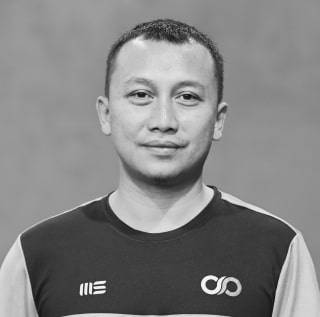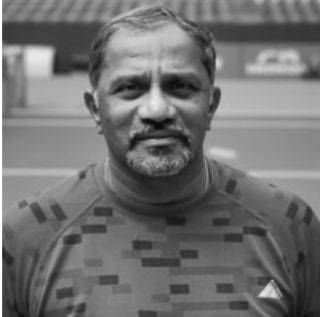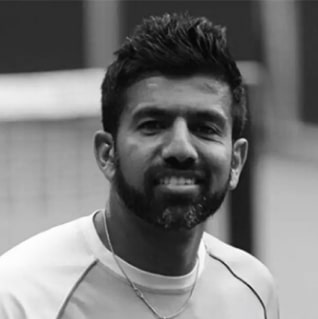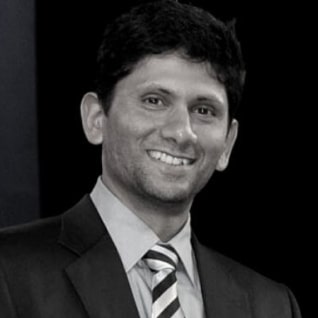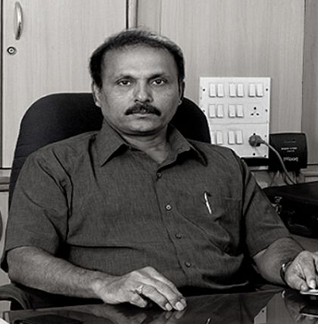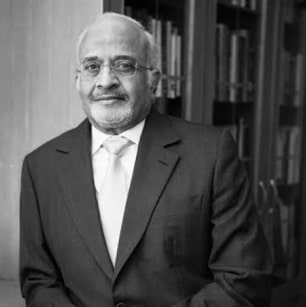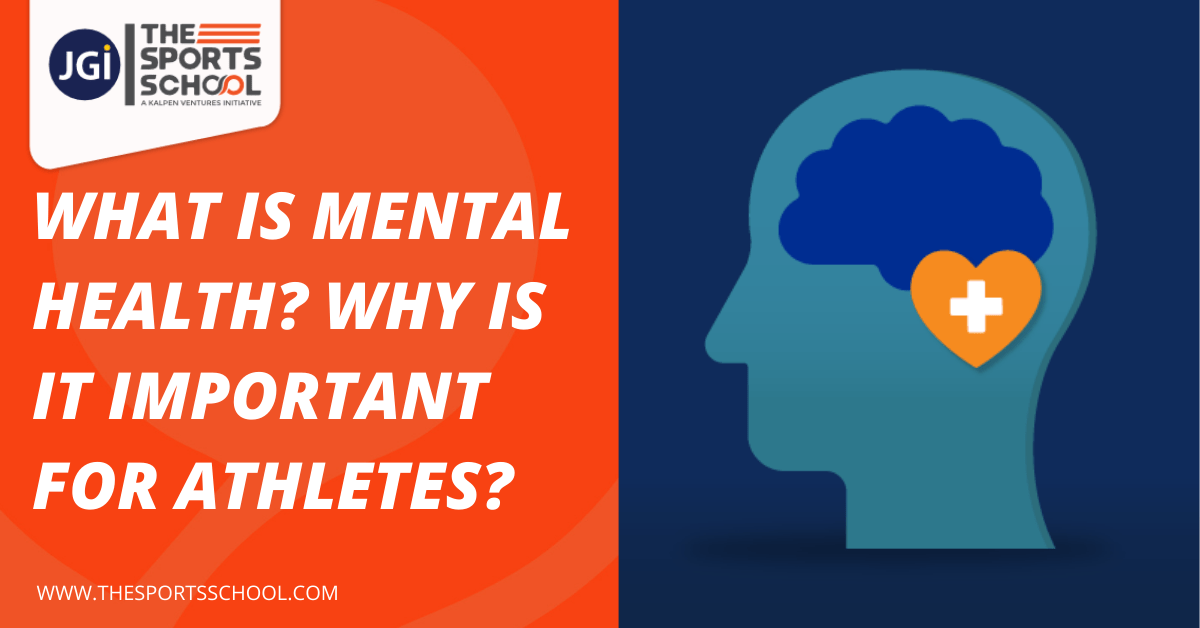
What Is Mental Health? Why Is It Important for Athletes?
What is Mental Health?

Image Source – NSCA
Mental health encompasses your social, psychological, and emotional well-being. It is as integral as your physical health. Mental health affects the way we feel, think, act, and react. It can positively or negatively impact all social and interpersonal relationships. This holds true the other way round too. Your physical health, social and interpersonal connections all contribute towards your mental well-being.

The World Health Organization defines mental health as a state of well-being in which an individual realizes his or her own abilities, can cope with the everyday stresses of life, can work productively, and is able to make a contribution to his or her community.
Optimum mental health is fundamental to an individual’s ability to enjoy their life. To achieve this, it is essential to strike a balance between one’s personal and professional responsibilities, social life, and daily activities. However, several external factors such as the need to maintain social and financial standing, lifestyle choices, and other biological factors can disrupt the delicate balance and lead to chronic stress, anxiety, and depression.
The need for mental health awareness:
Mental health is a lot more than simply the absence of mental disorders. It also involves a constant and active effort towards maintaining happiness and mental well-being. It is estimated that at least one in five adult individuals suffers from mental health issues every year. With the growing number of instances of individuals with mental health disorders around the world, promoting, preserving, and restoring mental health is now a vital concern on an individual and communal level.
What is the importance of mental health for athletes?

In a bid to remain at the peak of their physical health and performance, athletes often end up overlooking their mental health, making them vulnerable to mental illnesses such as depression and anxiety. Conversations on a sports field, in locker rooms and gyms, usually revolve around the players and athletes being tough, gritty, determined to win. For professional athletes, however, these encouraging terms can take on a whole new meaning.
Being tough often translates into showing no signs of weakness, never admitting to the behind-the-scenes struggles of being a part of an aggressive world, and putting on a façade of being okay at all times. Combine this with severe performance pressure, and it can have catastrophic consequences.
An alarming number of college athletes and professional athletic aspirants experience mental health disorders in some form or the other. While depression is the most common mental health disorder in professional players, many of them often suffer from several other disorders such as stress, anxiety, a myriad of eating disorders, and symptoms of burnout.
These disorders make it difficult for them to engage in regular practice sessions, which in turn leads them to neglect their physical health, and the vicious cycle continues. In such a scenario, the emphasis on mental health for athletes is as crucial as maintaining a top physical form.
For any team to be able to perform at its peak, a wellness program that enables the players to look after their mental health is as important as regular physical fitness programs. However, in the absence of a framework that supports and promotes mental health for athletes, the responsibility of helping young professional athletes navigate the fiercely competitive space falls on the shoulders of parents, coaches, and even fellow players.
The Challenges:
The biggest challenge lies in recognizing the player who might be dealing with mental health disorders. Athletes and professional players are often subjected to the pressure of donning the hat of a role model for their fans and followers, even their peers. This results in a reluctance to open up to someone about the issues that plague them and seek assistance or professional help.
Another challenge lies in noticing these issues in themselves. Since mental disorders involve brain chemistry and do not manifest physically in the early stages, it can be challenging to notice and address them. Fellow teammates, coaches, friends, and family can watch for early warning signs such as withdrawing in a shell, extreme mood swings, and other subtle deviations from their normal behavior.
The Solutions:
Being there for someone suffering from a mental health condition is the first step towards helping them. Even listening without any judgment can be of great help. A combination of support groups, counseling therapy sessions, and, if required, medication can help to a great extent.
However, empowering athletes to manage their stress levels with simple yet effective stress management techniques and helping them develop positive coping mechanisms for the future are the most important steps towards recovery. Putting a constant effort into prioritizing their mental health above all else can make the most significant difference in the long run.
The Sports School, a Kalpen Ventures initiative, in association with JAIN GROUP OF INSTITUTIONS (JGI), a 28-year-old educational conglomerate, aims for a holistic approach to educate and guide students. With 85 institutes across India, JGI not only brings in elite thought leadership but also focuses on empowering talent across the nation by encouraging curiosity, learning, and initiative. JGI’s alumni include over 10+ Arjuna, Rajiv Gandhi Khel Ratna, Padma Shri, and Padma Bhushan Awardees, and 300+ sportsperson of International and National repute. Our world-class infrastructure and amenities include unbeatable installations that are exclusively designed to optimize the intellectual, personal, and social development of young and professional sportspeople.
[maxbutton id=”1″ url=”https://thesportsschool.com/sports-assistance” text=”Click Here” ] to Explore our Sports Assistance Programs






